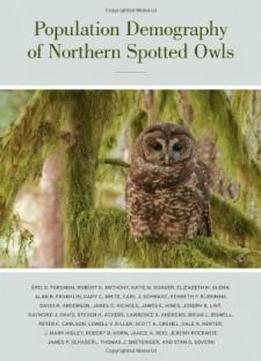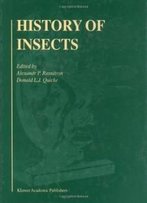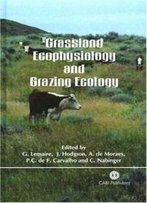
Population Demography Of Northern Spotted Owls (studies In Avian Biology)
by Eric D. Forsman /
2011 / English / PDF
3.7 MB Download
The Northern Spotted Owl, a threatened species that occurs in
coniferous forests in the western United States, has become a
well-known environmental symbol. But how is the owl actually
faring? This book contains the results of a long-term effort by a
large group of leading researchers to document population trends
of the Northern Spotted Owl. The study was conducted on 11 areas
in the Pacific Northwest from 1985 to 2008, and its objectives
were both to evaluate population trends and to assess
relationships between reproductive rates and recruitment of owls
and covariates such as weather, habitat, and the invasion of a
closely related species, the Barred Owl. Among other findings,
the study shows that fecundity was declining in five populations,
stable in three, and increasing in three areas. Annual apparent
survival rates of adults were declining in 10 out of 11 areas.
This broad, synthetic work provides the most complete and
up-to-date picture of the population status of this inconspicuous
forest owl, which is at the center of the complex and often
volatile debate regarding the management of forest lands in the
western United States.
The Northern Spotted Owl, a threatened species that occurs in
coniferous forests in the western United States, has become a
well-known environmental symbol. But how is the owl actually
faring? This book contains the results of a long-term effort by a
large group of leading researchers to document population trends
of the Northern Spotted Owl. The study was conducted on 11 areas
in the Pacific Northwest from 1985 to 2008, and its objectives
were both to evaluate population trends and to assess
relationships between reproductive rates and recruitment of owls
and covariates such as weather, habitat, and the invasion of a
closely related species, the Barred Owl. Among other findings,
the study shows that fecundity was declining in five populations,
stable in three, and increasing in three areas. Annual apparent
survival rates of adults were declining in 10 out of 11 areas.
This broad, synthetic work provides the most complete and
up-to-date picture of the population status of this inconspicuous
forest owl, which is at the center of the complex and often
volatile debate regarding the management of forest lands in the
western United States.











